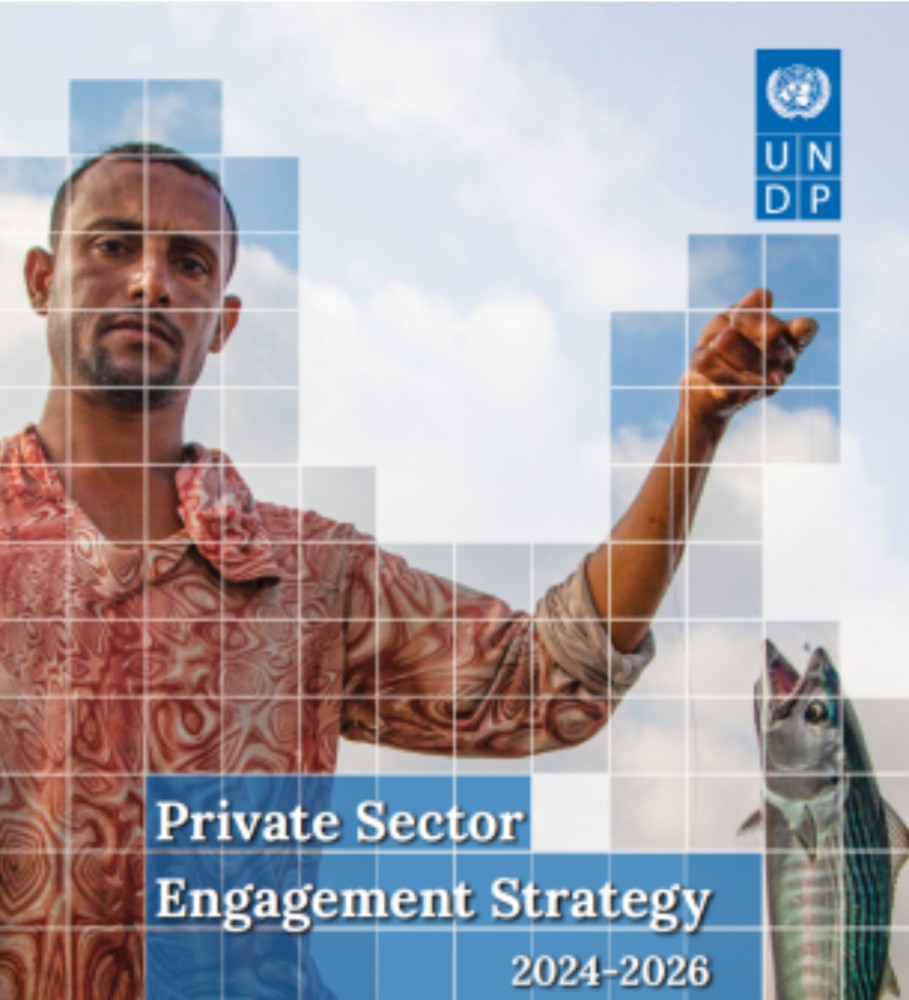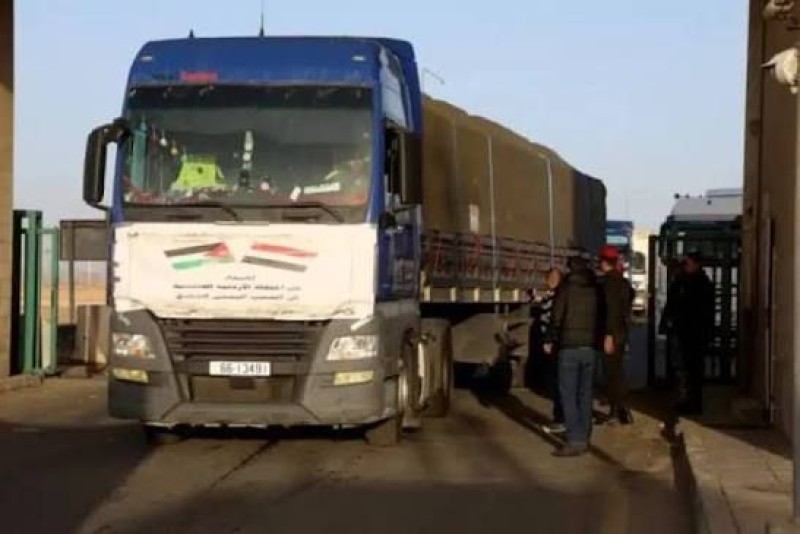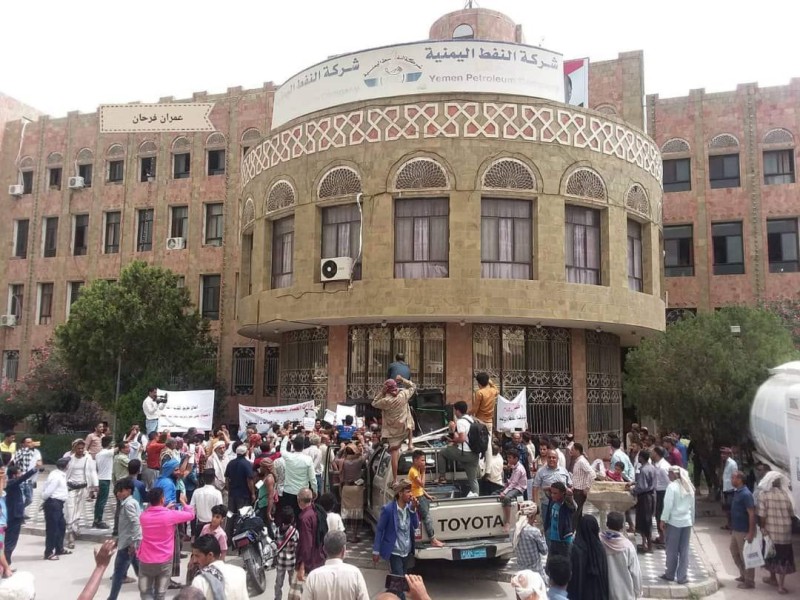Private sector engagement and renewable energy investment are key to boosting sustainable development in Yemen


The United Nations Development Programme (UNDP) in Yemen has released two new strategies to inform private sector engagement and renewable energy investment in Yemen. The strategies, launched in Amman today with a set of expert panel discussions, consider the Yemeni private sector as a partner in key areas within the context of recovery and reconstruction, including provision of reliable, clean energy.
Due to the protracted crisis in Yemen, many vital business communities have moved abroad, bringing with them lucrative investment support. To bolster economic growth in Yemen, the private sector community requires an enabling environment for development as a pre-requisite for doing business, including investment in clean energy solutions, which would consider the environment while supporting the thousands of households, public facilities, and businesses struggling with regular access to electricity in Yemen.
In consultation with the Yemeni private sector and in partnership with DeepRoot Consulting, UNDP’s new Private Sector Engagement Strategy emphasizes a dynamic and inclusive partnership with the Yemeni private sector to drive green, inclusive economic development, create jobs and improve the standards of living in Yemen.
Most areas in Yemen lack access to sustainable energy, with electricity cuts extending beyond twelve hours a day. UNDP Yemen’s new Mixed-Renewable Energy Investment Plan was developed in collaboration with Firnas Shuman Consulting Firm. The investment plan suggests an on-grid and off-grid solution for clean energy, aiming to restore critical services, expand solar access, and reduce system losses in the short term. This means increased access to reliable and affordable electricity for communities across Yemen.
“With the release of these two new strategies, UNDP is contributing to the knowledge sphere to drive inclusive economic development, create jobs, and improve living standards for all people in Yemen. We want to emphasize the importance of building the capacity of the private sector and increasing its participation in recovery and reconstruction efforts through investment facilitation, skills development, and market access support. Together with local and international partners, we are shifting towards a greener economy in Yemen, with increased renewable energy options and a focus on widespread sustainable, inclusive development,” says UNDP Yemen Resident Representative Zena Ali Ahmad.

Hodeidah — Two members of the Iranian-backed Houthi militia were killed and five others wounded in a landmine explosion near Hodeidah airport…

Aden —A humanitarian convoy from Jordan, consisting of 13 trucks loaded with relief supplies, has arrived in Yemen to support communities aff…

Taiz — Administrative operations at the Taiz Governorate building have resumed following several days of closure caused by an open sit-in sta…